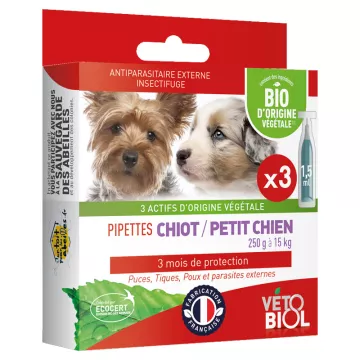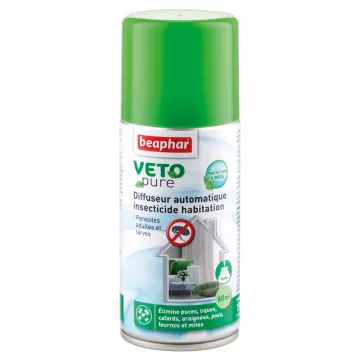

Pest control is an essential part of maintaining a safe and healthy environment. Whether through preventive methods or targeted interventions, it's crucial to remain vigilant and act quickly when signs of infestation appear. Don't hesitate to call in the professionals to ensure effective, long-lasting pest elimination.
What is pest control?
Pest control refers to the methods and practices used to eliminate or prevent the infestation of pests in homes or commercial spaces. These pests include a variety of insects and small animals, such as cockroaches, termites, rodents and mosquitoes, which can compromise the hygiene, health and safety of your environment.
Why is pest control crucial?
Effective pest control is vital for a number of reasons. Firstly, it helps safeguard public health by controlling pest populations that can transmit dangerous diseases such as leptospirosis, dengue fever and malaria. Secondly, it protects structures and property from damage caused by pests, notably termites, which can weaken wooden structures. Finally, a pest-free environment ensures a healthier, more comfortable living environment.
How to identify a pest infestation
Identifying a pest infestation requires careful observation. Warning signs include :
What are the most effective pest control methods?
Pest control methods vary according to the type of pest and the extent of the infestation. Among the most common are
It's often advisable to call in the professionals for effective diagnosis and treatment, as they have the expertise and tools needed to provide a lasting solution to the problem.
How can we prevent pest infestations?
Prevention is a crucial aspect of pest control. Some preventive measures include:
When should I call in a professional pest control technician?
It is advisable to consult a professional when :
What's the difference between biological and chemical pest control?
The main difference lies in the substances used to eliminate or repel pests. Biological pest control uses living organisms or natural products to combat pests, minimizing the impact on the environment and human health. For example, the use of specific bacteria to target mosquito larvae without harming other species. In contrast, chemical treatment involves the use of synthetic substances to eradicate pests. Although effective, these products can present health and environmental risks if misused.
How do I know if the pest control products I use are safe for my family and pets?
The safety of pest control products depends on their composition and method of application. To ensure their safety, we recommend that you :
Can pest control treatments be both ecological and effective?
Yes, many environmentally-friendly pest control treatments offer efficacy comparable to that of traditional chemical methods. These solutions include :
These methods respect biodiversity and reduce risks to health and the environment.
Can I carry out a pest control treatment myself, or do I have to call in a professional?
It is possible to carry out certain pest control treatments yourself, especially for minor infestations, using consumer products. However, for more severe, complex infestations, or when pests are difficult to identify, professional intervention is recommended. Experts have the equipment, products and know-how required for safe, effective elimination.
What is the recommended frequency of pest control treatments in the home?
The frequency of pest control treatments depends on a number of factors, such as the type of pest, the environment, and the history of infestations in the home. As a general rule, an annual preventive inspection is recommended to detect and avoid infestations. For high-risk areas, or in the presence of recurrent infestations, more frequent quarterly or even monthly visits may be necessary to maintain a pest-free environment.